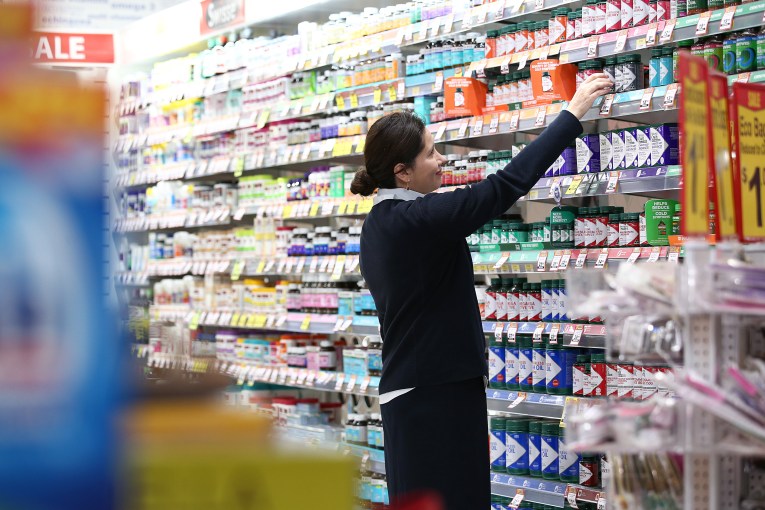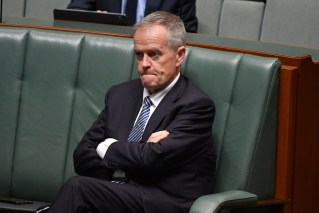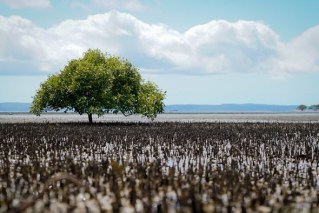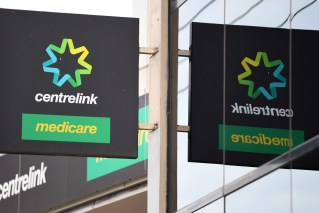China coal bans hit Gladstone port but other countries take up the slack
The China trade ban has started to have real impacts with the Gladstone port shipping no coal to the country in November, the first time in 10 years that such an event has occurred.
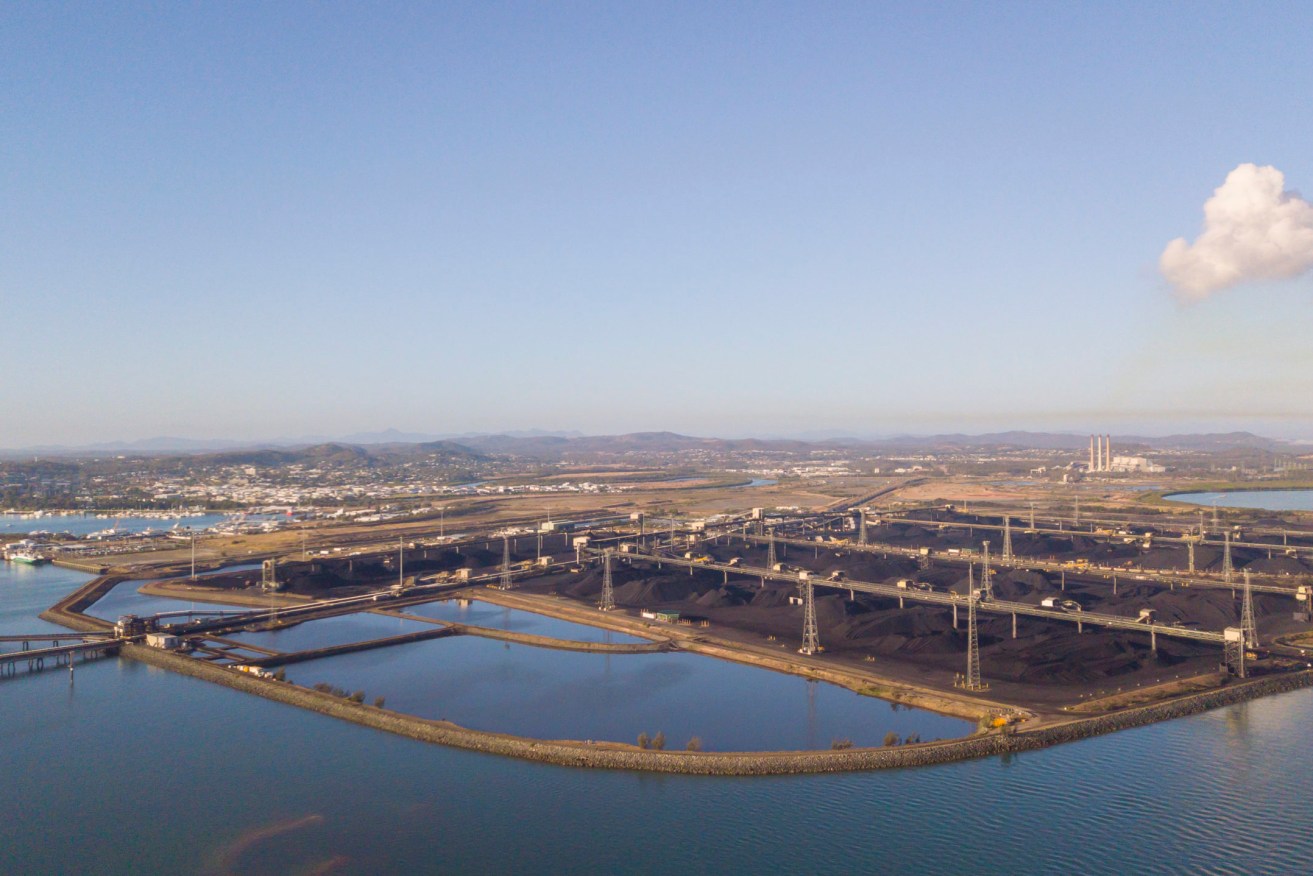
Gladstone port
By comparison, it shipped 407,000 tonnes of coal to China in October and in November last year it shipped 725,000 tonnes.
Despite the ban, coal is still finding a home in other ports with India taking 2 million tonnes in November, Japan 1.6mt and Korea 1.2mt and the Queensland Resources Council chief executive Ian Macfarlane said total exports out of Gladstone were up 7 per cent for the month.
Macfarlane said the coal was finding new markets and producers could use this as an opportunity to lock in contracts.
Analysts maintain that a factor in the ban is China’s stringent import quotas which impact the sector every year but have coincided this year with political tensions between Canberra and Beijing. If quotas are the main reason the restrictions would normally be lifted sometime this month.
Macfarlane said when he was in China in 2014 a similar ban was imposed and the QRC was not buying into all the conjecture about the political issues.
“This is not a new occurrence. It is an escalation of what we were seeing then, but what is happening is that other countries are taking up the opportunity to supply into China and China will end up paying a premium and you could speculate on how long they want to do that.” he said.
“I think everyone is waiting for the beginning of next year.”
“Coal is still going out of Gladstone at full pelt and going into markets we now have an opportunity to supply into.
“India, Japan and Korea are the ones that are jumping out.
“It’s an opportunity for them to take on long term contracts.”
The coal ban could not come at a worse time for the listing tomorrow of Brookfield’s Dalrymple Bay Coal Terminal which is expected to have an initial market value of $1.2 billion with shares at $2.57. The Queensland Government has taken a 9.9 per cent stake.
However, coal has lost favour with investors because of environmental issues even though about 80 per cent of Dalrymple’s coal throughput is for coking coal, used in steel production.
The company, to be known as Dalrymple Bay Infrastructure, has been touting a yield of 7 per cent.
Brookfield intends to retain a 49 per cent stake in DBI following the IPO.
